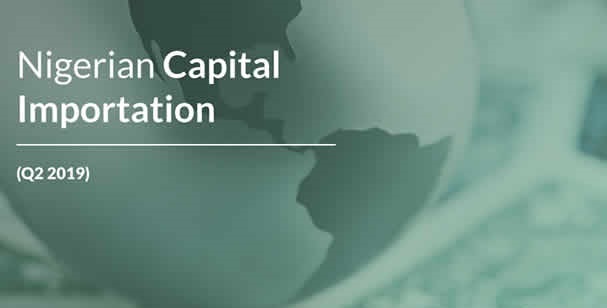According to the Nigerian Bureau of Statistics (NBS), Nigeria’s total capital importation into Nigeria in Q2 2023 was US$1.03bn, lower than US$1.5bn recorded in Q2 2022, indicating a decrease of 32.9%y/y. Quarter on quarter, capital importation declined by 9.04% from US$1.13bn in Q1 2023. Capital importation is the total foreign inflow a country receives, and it is divided into three main categories: foreign direct investment (FDI), foreign portfolio investment (FPI), and foreign other investments (FOI). The largest capital importation during the period was received from other investments, which accounted for 81.28% (US$837.34m) of total capital imported in Q2 2023. This was followed by portfolio investments with 10.37% (US$106.85m) and foreign direct investment with 8.35% (US$86.03m).
The production/manufacturing sector recorded the highest inflow of US$605.04million, representing 58.73% of total capital imported in Q2 2023. This was followed by capital imported into the banking sector, valued at US$194.58 million (18.89%), and inflow for shares of US$68.63 million (6.66%). Most of the foreign capital that flowed into Nigeria in Q2 2023 came from the United States (US$271.92 million) accounting for 26.4%. This was followed by inflow from the Singapore and the South Africa valued at US$177.4 million (17.2%) and US$136.95 million (13.3%) respectively. In Q2 2023, 32 states did not receive any foreign investments while Lagos state attracted the highest foreign investments with US$778.06million, accounting for 75.52% of total capital investment in Nigeria. This was followed by Abuja (FCT), valued at US$194.28 million (18.86%).
Read Also: Total Value of Capital Importation into Nigeria Now $3,802.38 Million in Q4 2019-NBS
Foreign investment inflow into Nigeria has been declining steeply in recent years. Factors like exchange rate instability, scarcity of forex, security concerns, and structural challenges have continued to hamper the inflow of foreign investments into the country. Though there were expectations that recent monetary and fiscal reforms by the Tinubu’s administration, which are considered market friendly should spur renewed interest by foreign investors, reported numbers show that foreign investments continue to decline. We believe foreign investors will remain on the sidelines until they are certain that there are sufficient structural reforms to sustain the policy pronouncements

Source: CSL Research













